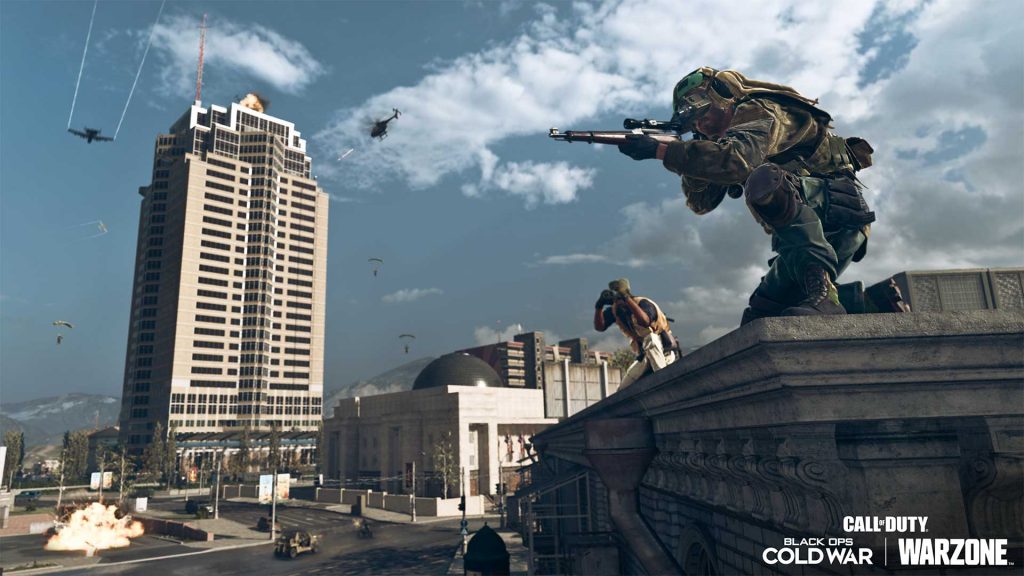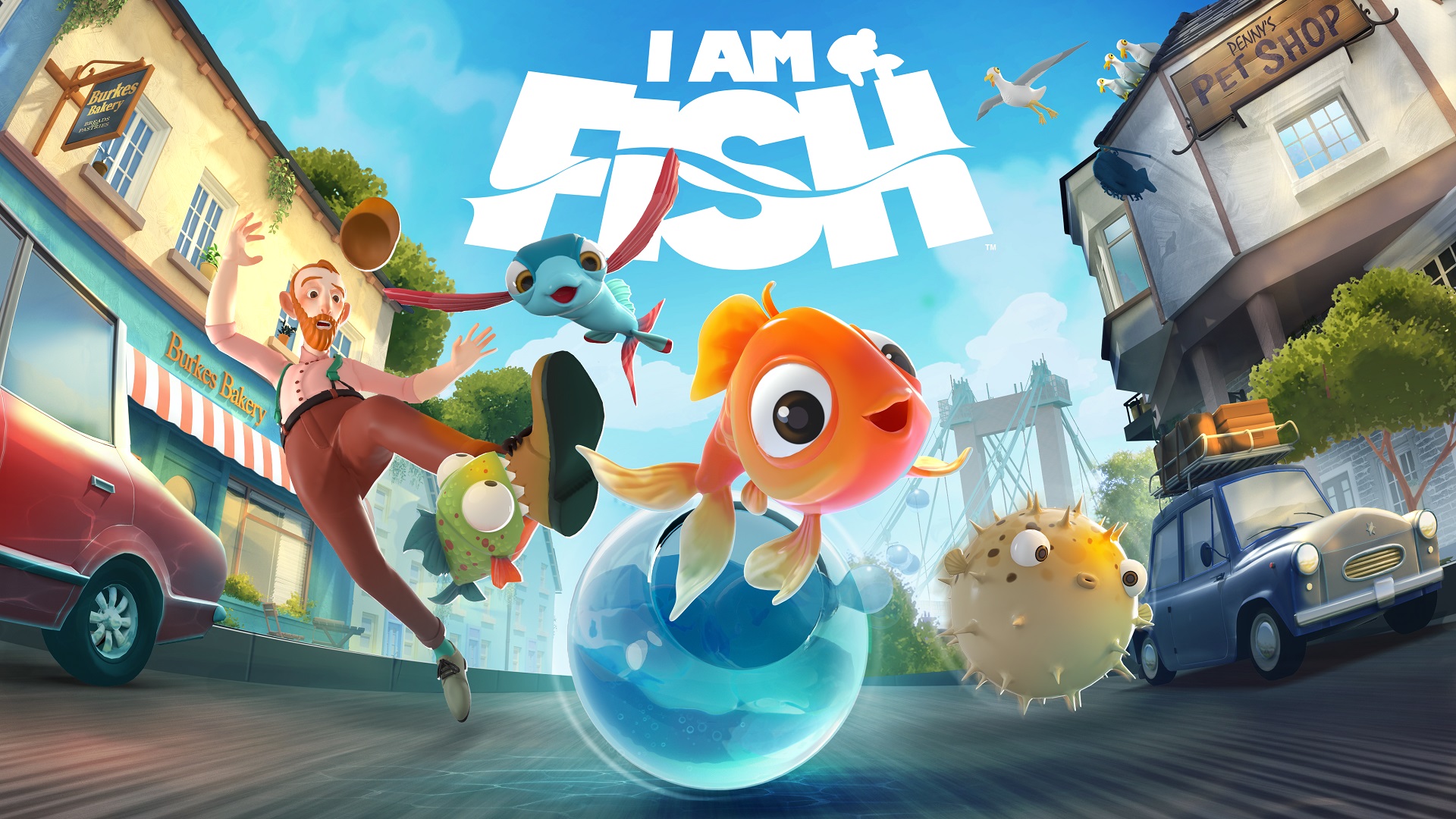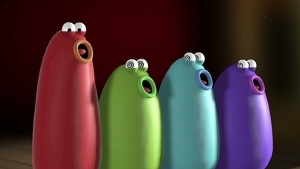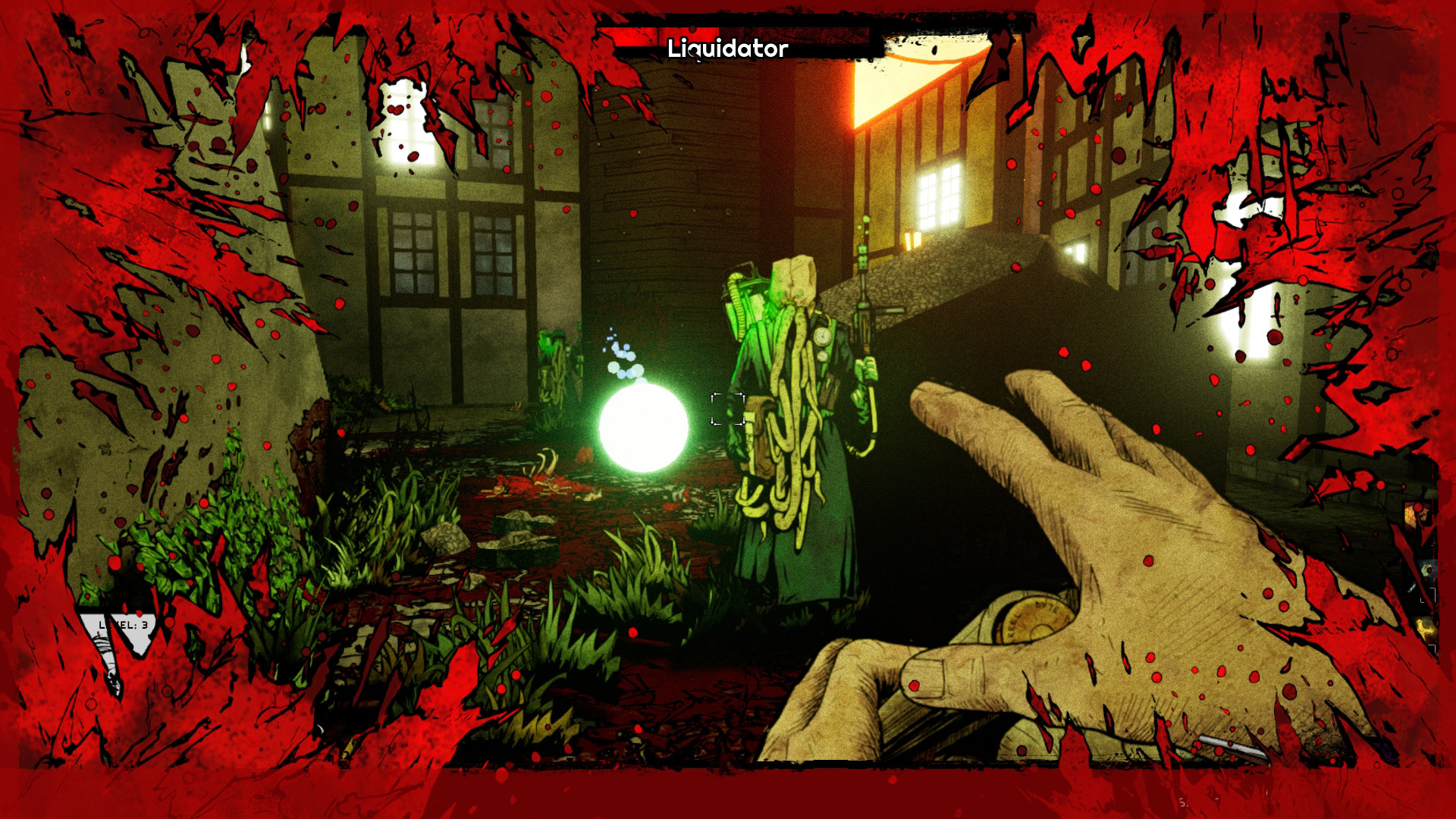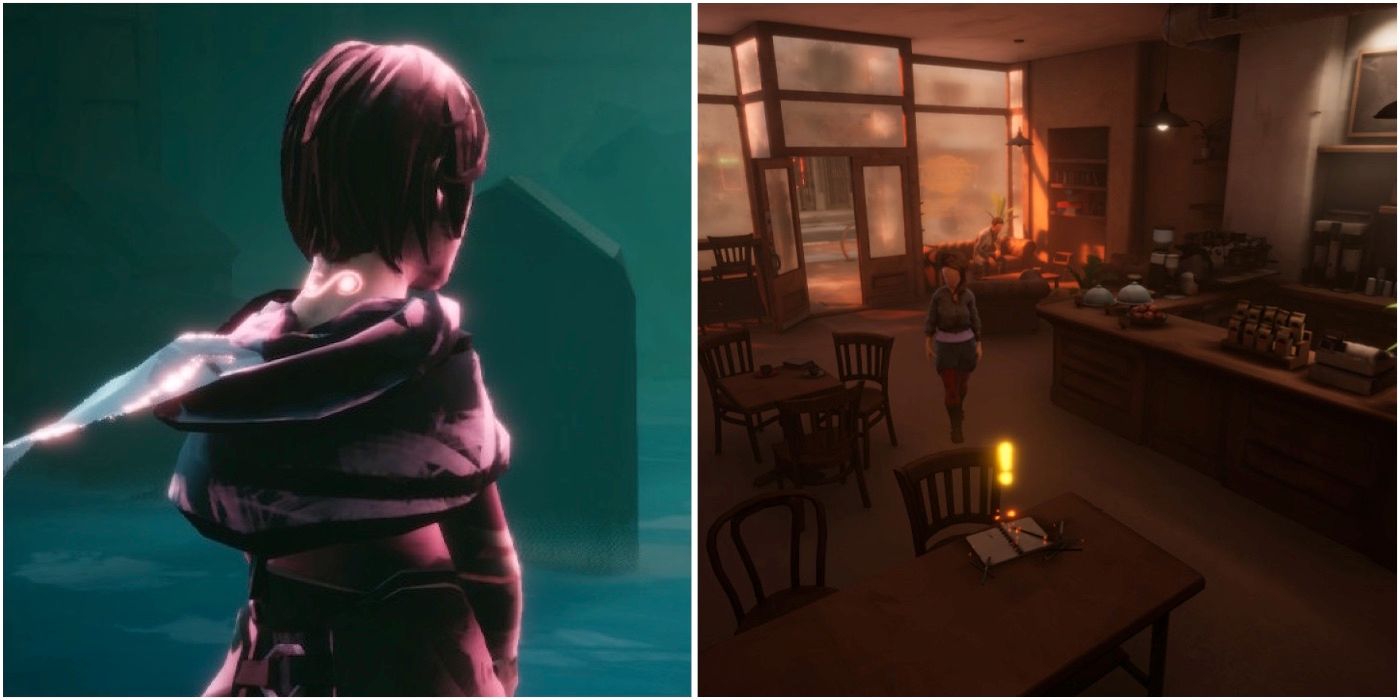
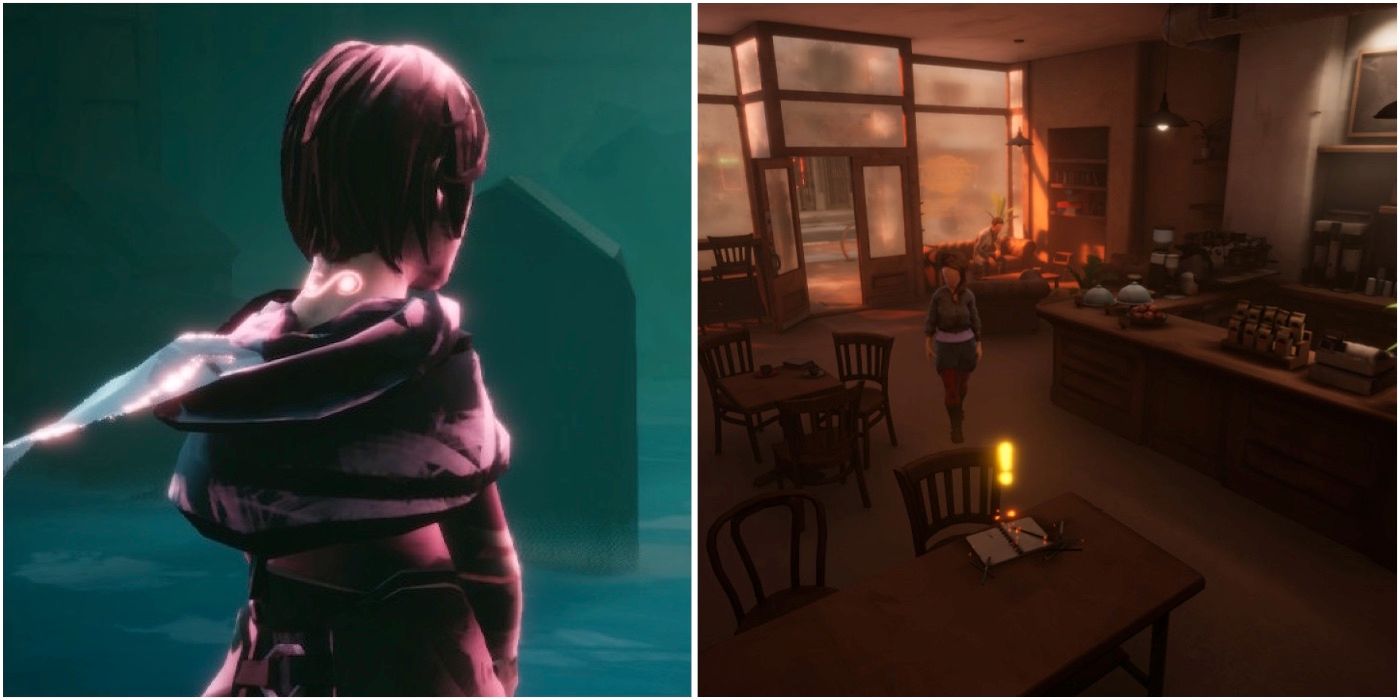
Dreamscaper is an indie roguelike action RPG now out on PC and Switch. A year after its highly praised early access version, is the full game now any better? Metacritic indicates that this is a yes, and the game is worth a look for fans of the genre.
RELATED: Things We Wish We Knew Before Starting Dreamscaper
It’s a hodgepodge of many contemporary roguelike action RPGs such as Hades and Dead Cells, and is very accessible to new players in the genre. However, that doesn’t mean the game is without any faults. There are plenty of things that the developer, Afterburner Studios, can tweak or add to the game, while keeping what currently makes it great.
10 Best: Art Style

The art style in this game is very much like a water color painting. It’s simple but abstract and helps emphasize the feeling that players are in a dream.
Not many games have attempted this sort of art style or toyed with the idea of going into dreams (other than, of course the titular Dreams). This game's art style is essential to immersion, and its aesthetics are perfect for the setting and theme.
9 Worst: Character Design
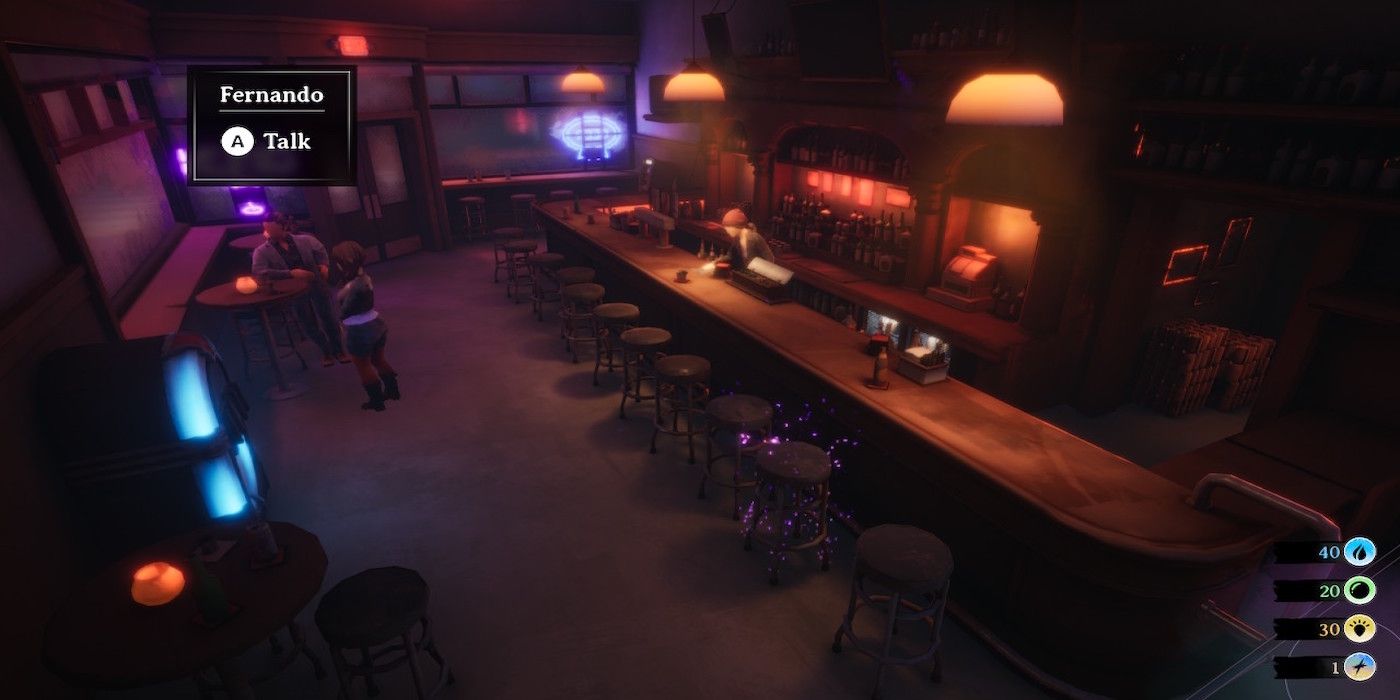
Unfortunately, one thing that isn’t appealing about the art are the human characters. For example, Cassidy has no face, which makes her appear like a more flesh colored Slenderman. There is quite a bit of story in the game given through NPC interactions like the Social Links system in the Persona games. Despite this, though, there are no voices — which adds to the creepy factor.
Cassidy and the others look vaguely mannequin-like and talk to each other voicelessly. This is the stuff not of dreams, but of nightmares.
8 Best: Death Always Leads To Something New
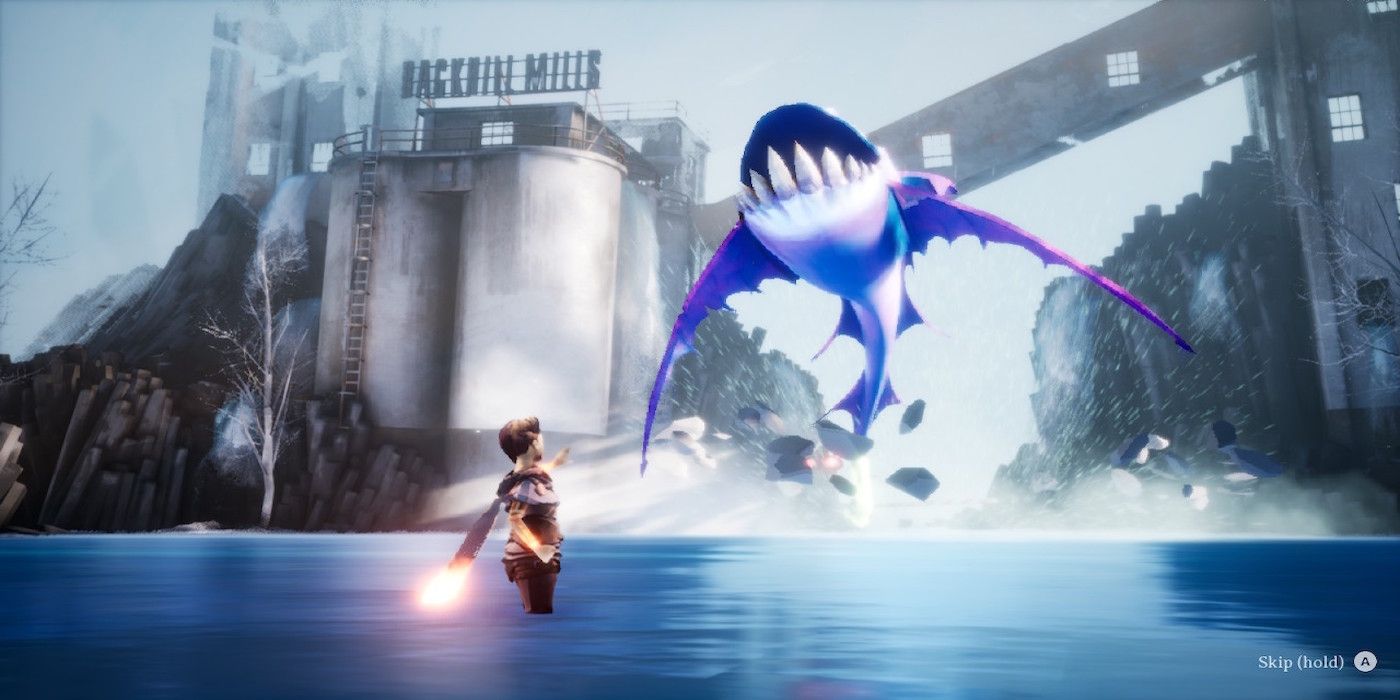
One of the best things about Hades was that death always brought something new to the table. Players can get the same feeling out of playing Dreamscaper.
RELATED: The Best Roguelike RPGs, Ranked
No matter how far Cassidy makes it into the dungeon, chances are something will change and or open up in the real world. This includes new places to explore or new mechanics that unlock, such as the crafting system. The Lucid Mode is also an unlock, which helps make the game very accessible for newer players.
7 Worst: Too Many Shops

One bad thing about the real world opening up is that the upgrade paths are all over the place. There are a few different upgrade materials used to power up Cassidy normally like through stat boosts. The game also features a crafting system, as well as a way to unlock different rooms to explore in the dungeons.
Keeping track of everything is not impossible; however, the game would be a smoother experience if a lot of these shops and materials were condensed.
6 Best: Fast Travel
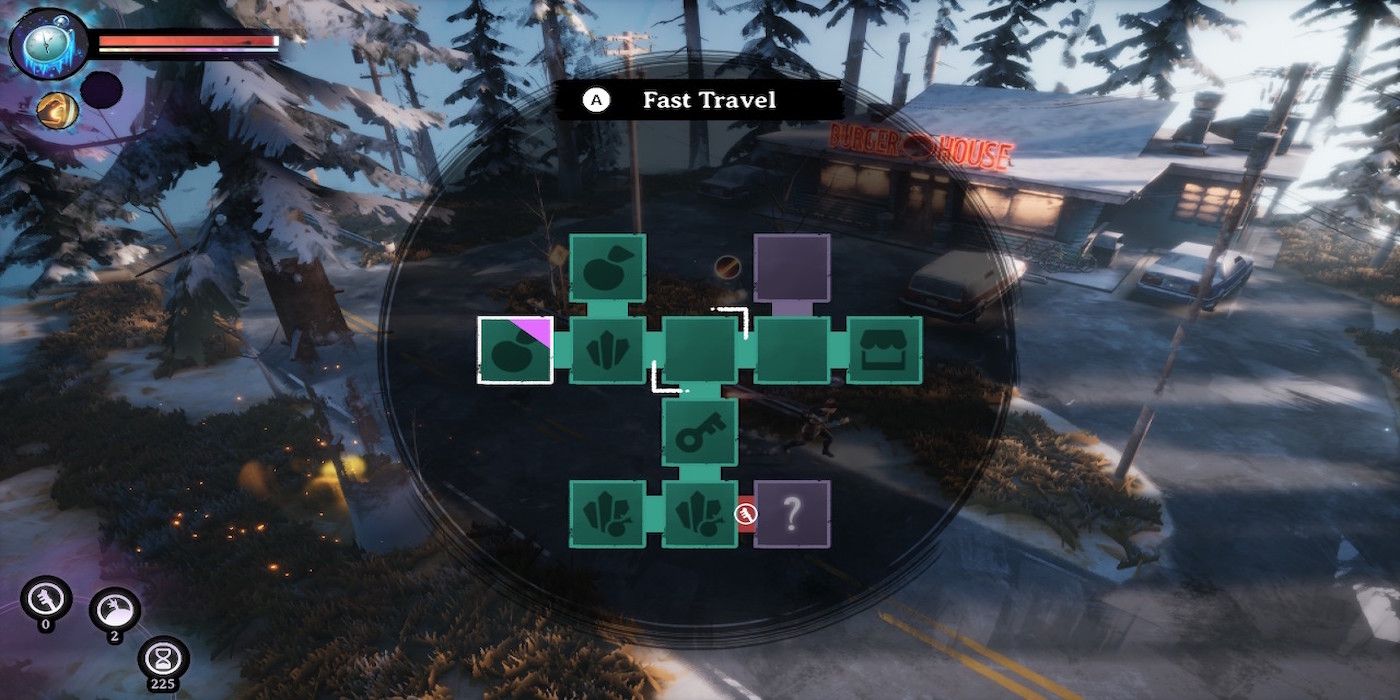
One thing that can bog down a roguelike is backtracking. Thankfully, this game has an incredible fast travel system that puts all other systems to shame. If Cassidy has explored a room in a dungeon, that room is unlocked and the player can thus warp back to it.
This is true for the real world as well. Death is certain, which leads to a repeated process. Thus, having this system in place makes the retread not as bad.
5 Worst: Can’t Run In Real World
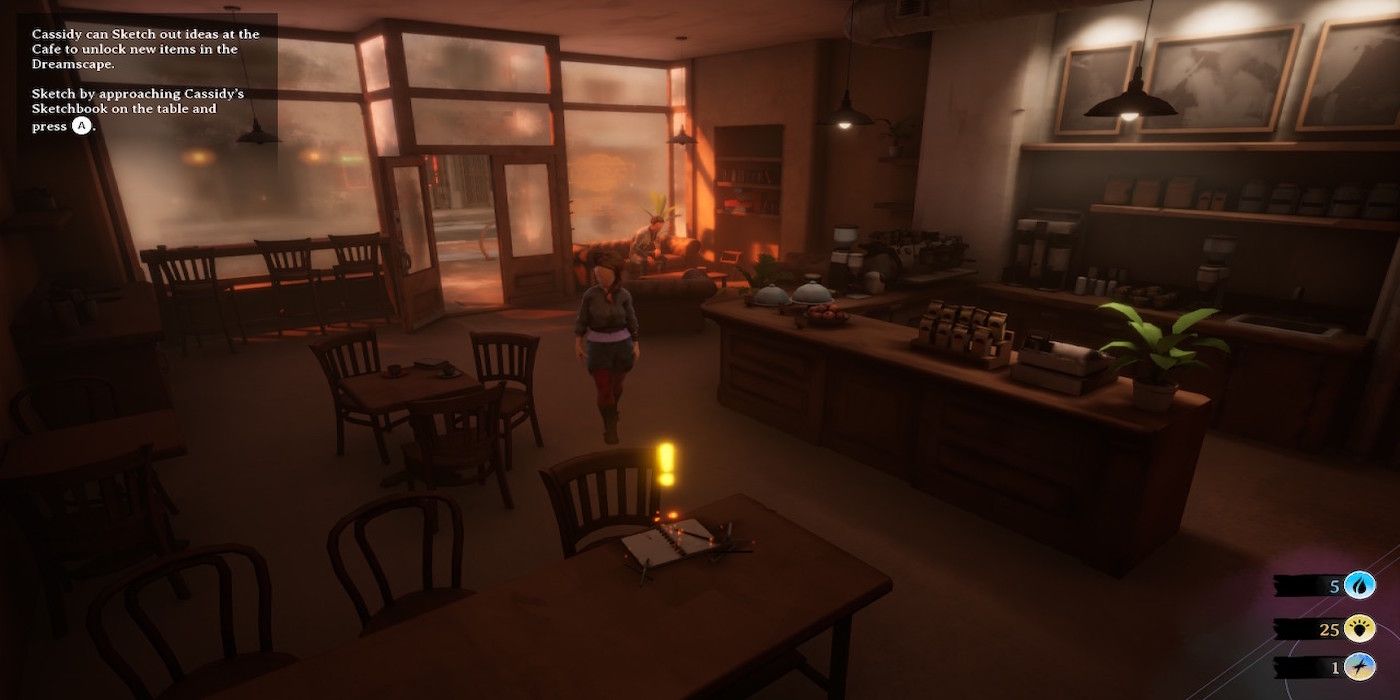
The downside to the fast travel system is that Cassidy is not fast on foot. She has a decent jog in the dungeon, but in the real world she has one animation: walking.
RELATED: Indie Games That Are Impossible To Beat Without A Guide
From the bar to the park, no place she goes is all that big, so it’s not a huge issue. However, in a game with an incredible fast travel system, it’s weird that the movement animations aren’t faster as well.
4 Best: Dungeons & Immortals

Dungeons and Immortals is a video game Cassidy plays in her room. Even though this is just a Switch game right now, for consoles, she is playing it on a PS1. The graphics are the same as in the main game so it doesn’t go as far as to make it look like a PS1, game which is unfortunate.
On the plus side, though, this is a clever way to add a tutorial into the game. Players can check it out whenever they need some pointers.
3 Worst: Perfomance Mode
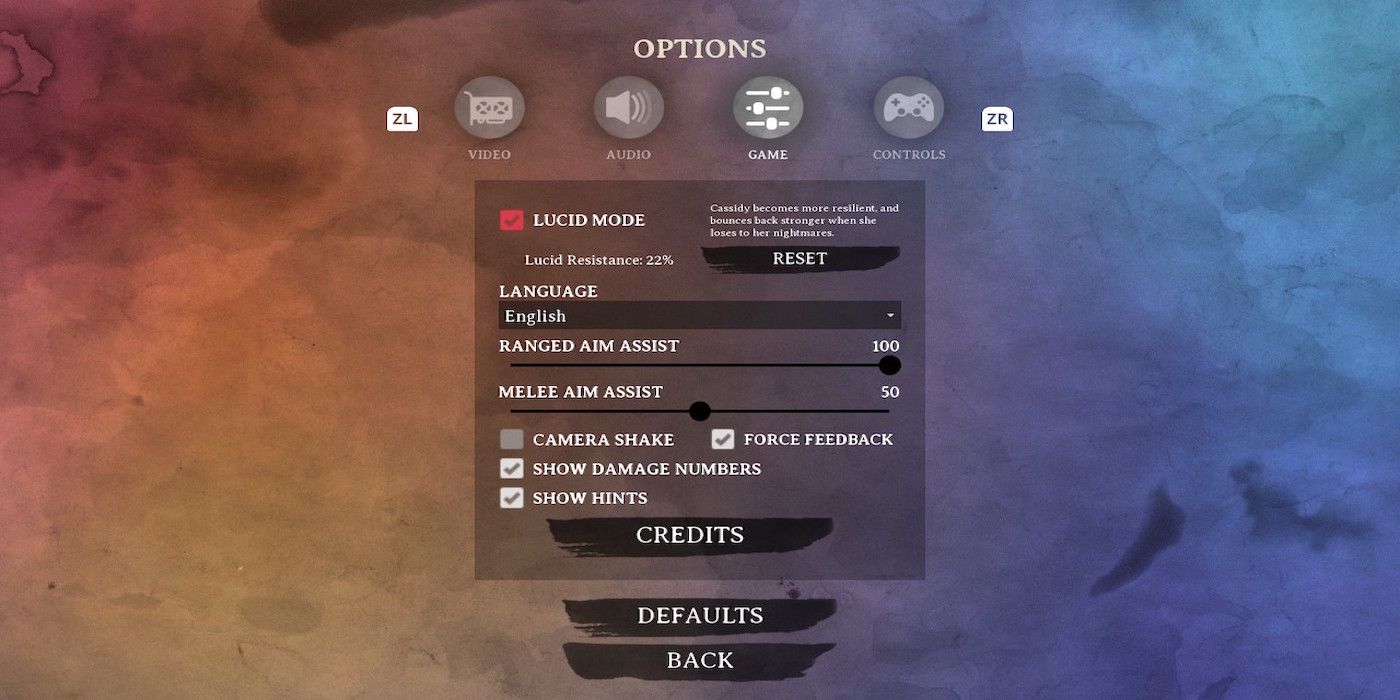
Dreamscaper is the second Switch console exclusive that recently added in a performance mode, after Disgaea 6. Conceptually, it is nice that these games offered the mode for those that prefer graphics over frame rates.
However, both of these implementations are broken. Both games run better technically, but they look horrible. It's better to experience Dreamscaper without this mode enabled.
2 Best: Weapon & Powers Variety
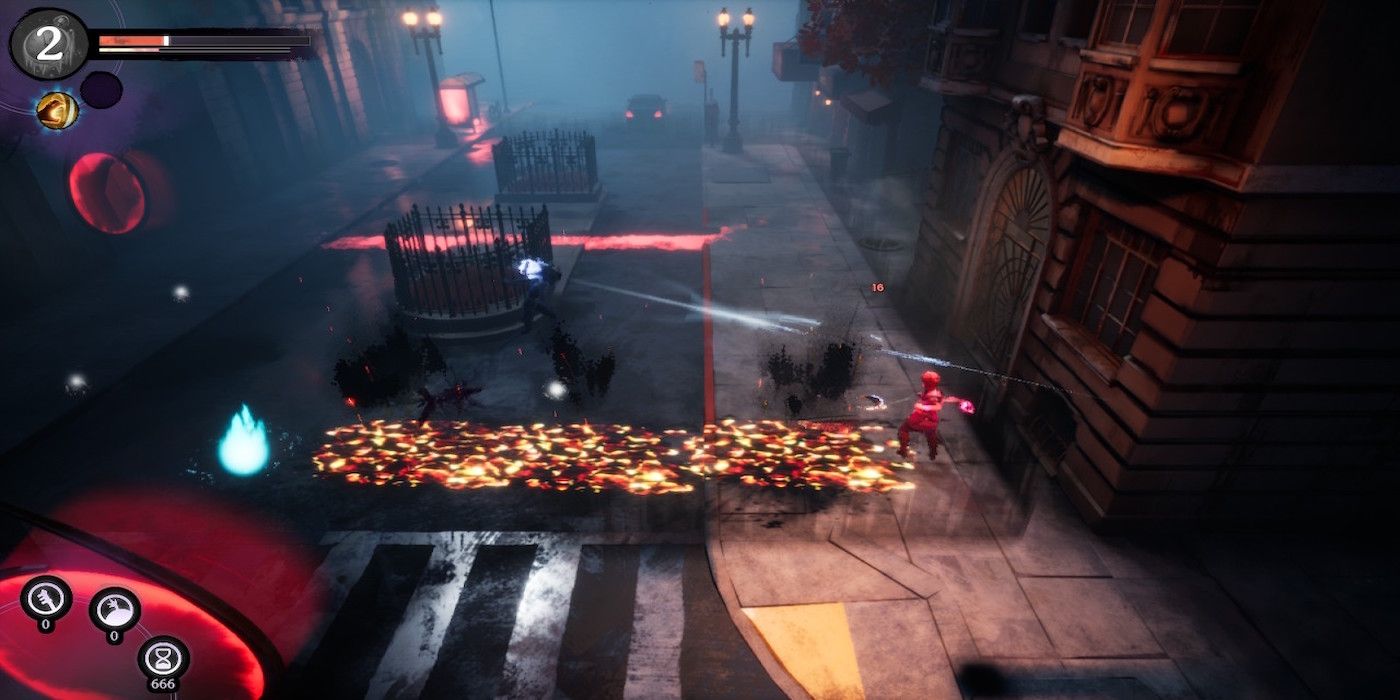
Roguelikes live or die by their weapon and powers selection. Thankfully, Dreamscaper has plenty of powers and weapons to unlock from a literal squirt gun to a pool cue.
Players can choose to have weapons randomly generate at the start of a dungeon, or they can choose their load out. This system is similar to another roguelike game, Dead Cells, which also added in a feature later in the game to help with weapon selection.
1 Worst: The Combat Itself

The downside to the powers and weapons is that combat is not as tight as one would hope. The drawn back camera angle and the dark shading on enemies makes it hard to tell what’s going on for one. Secondly, there is a real weight to combat which can make the game feel slow.
It’s far from a bad combat system. It’s fun to experience, but it could be better, especially when comparing it to other top roguelike games whose combat systems flowed more smoothly.
NEXT: The Best & Worst Things About Dodgeball Academia
